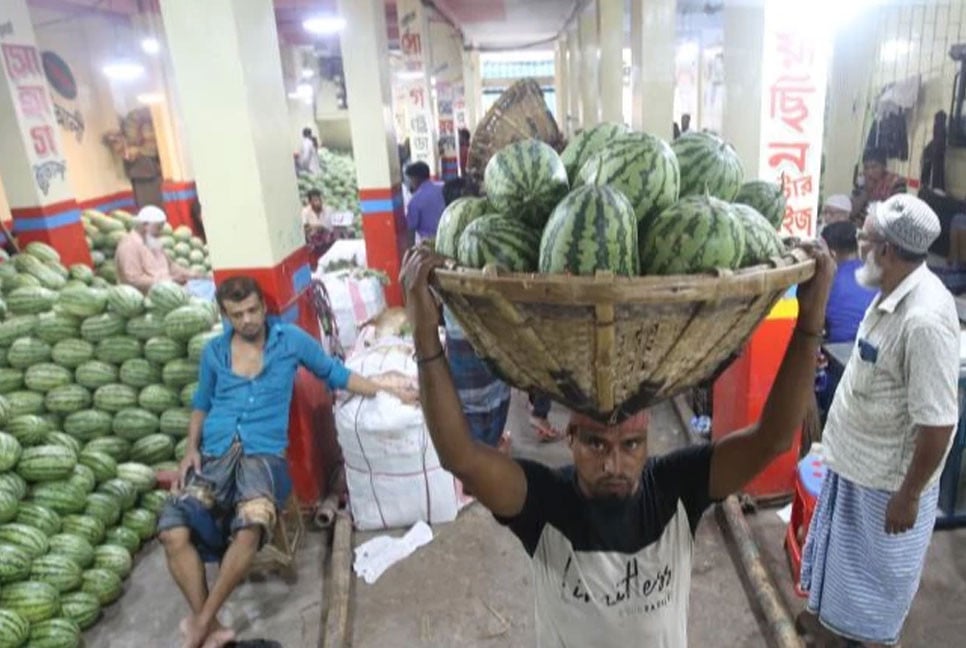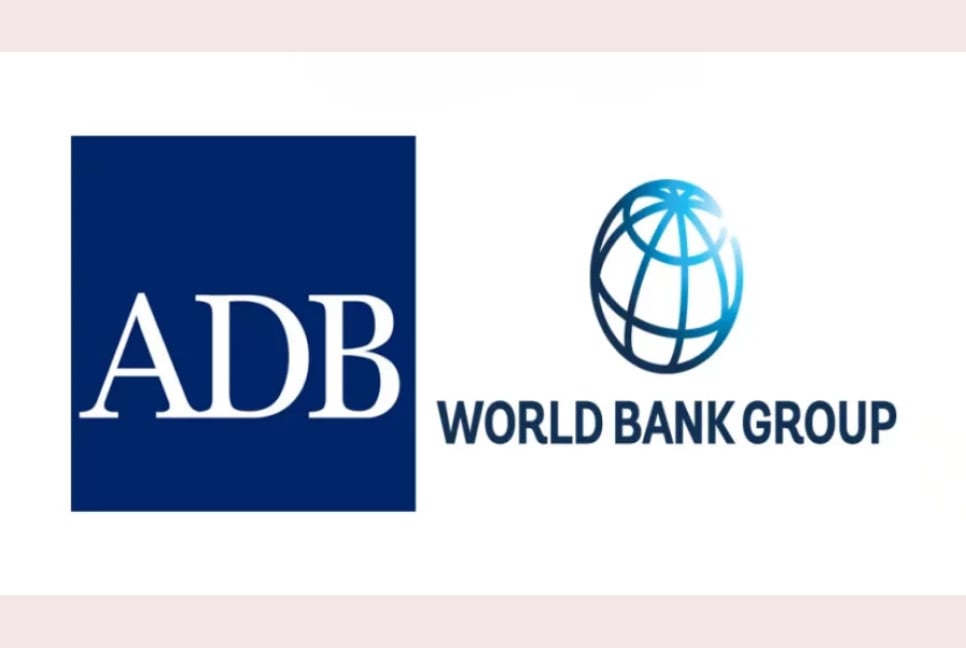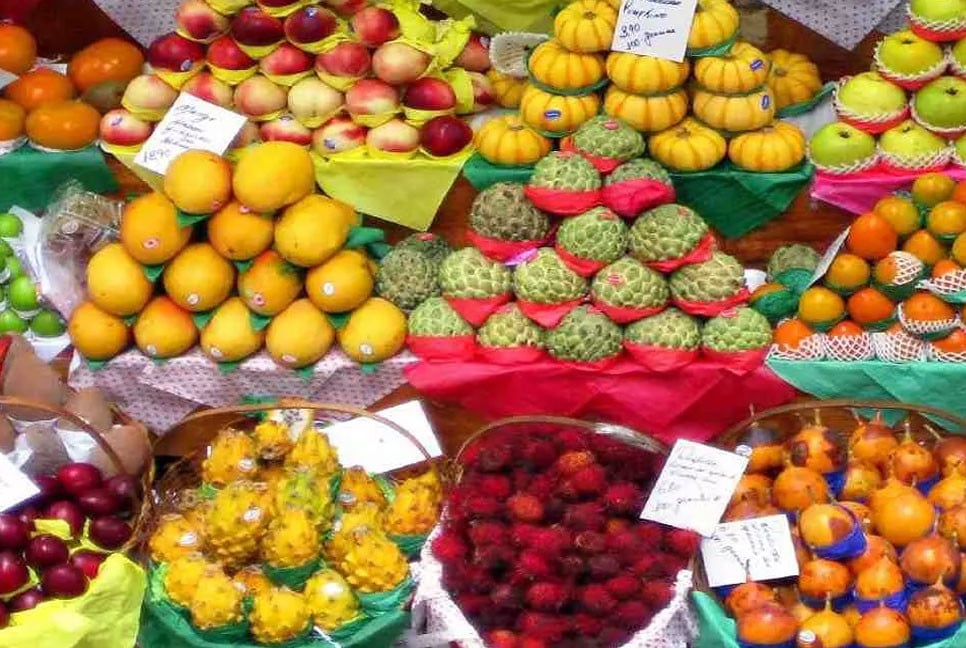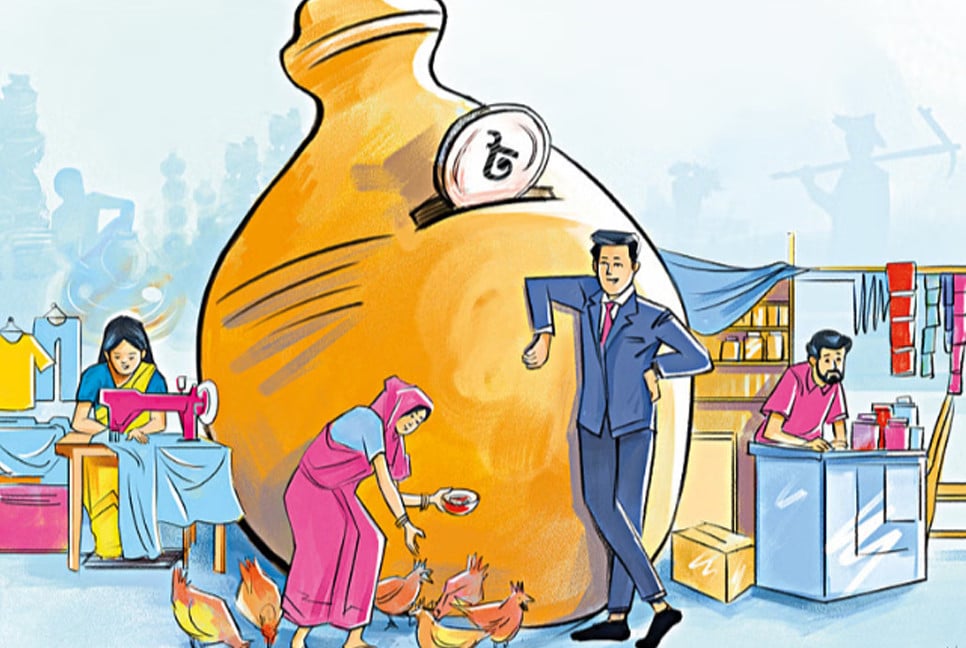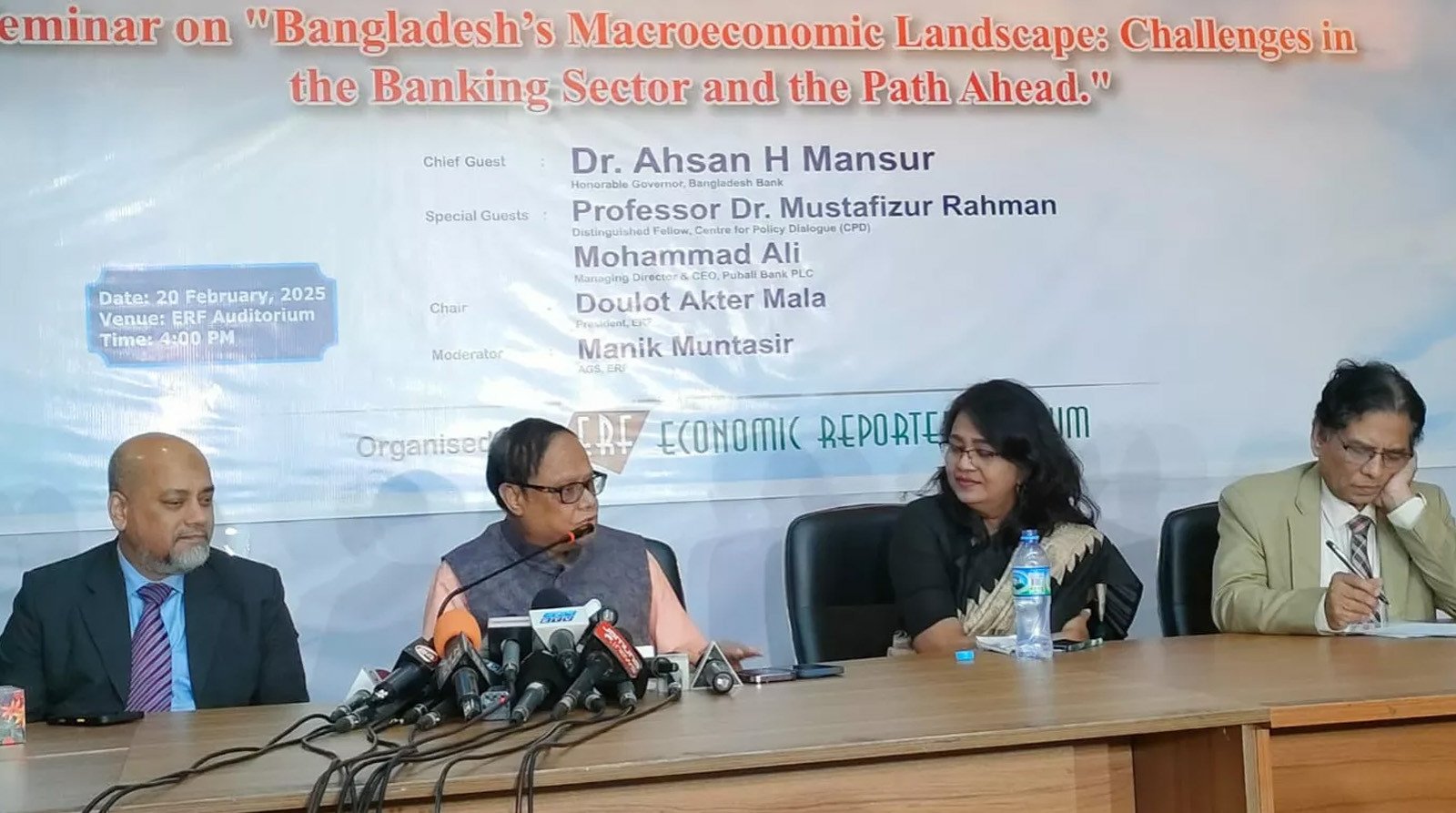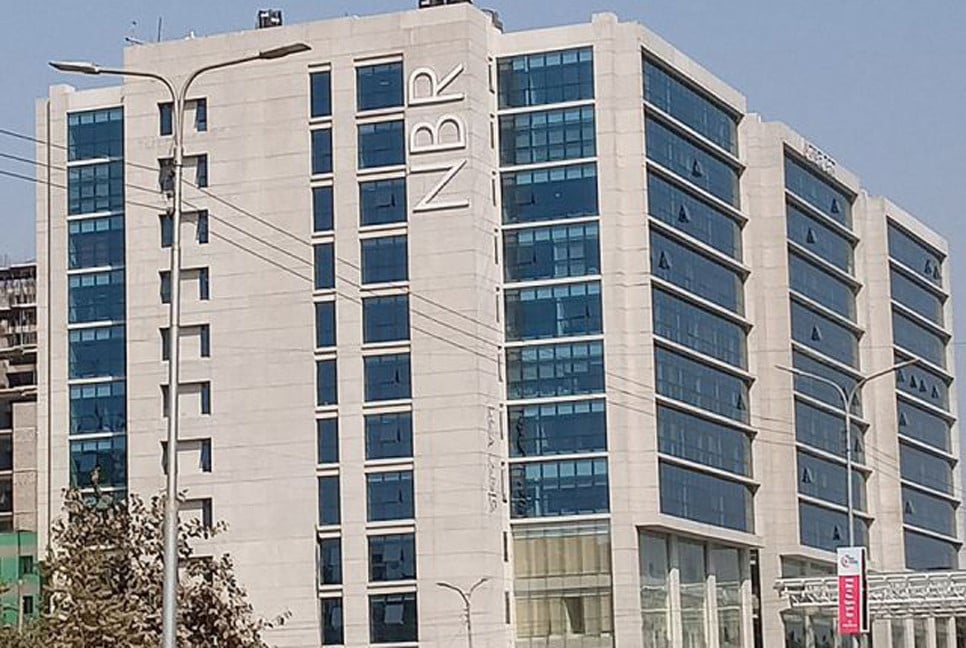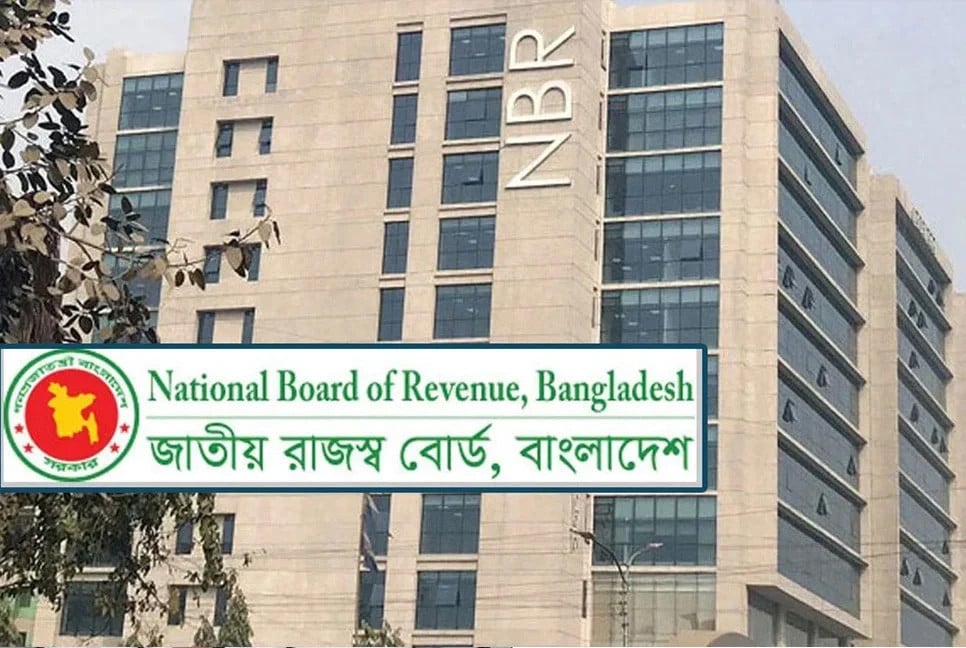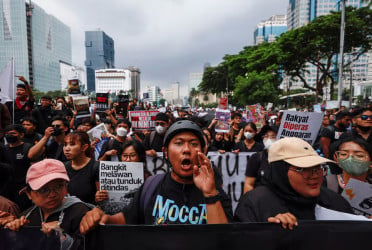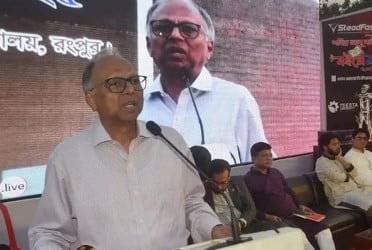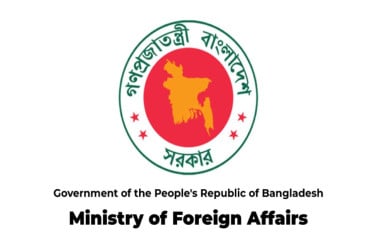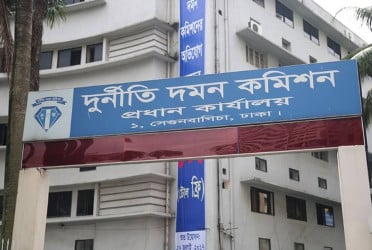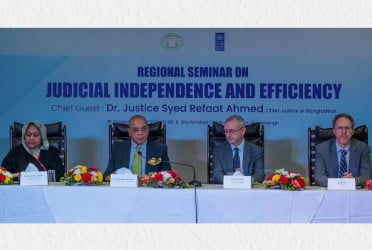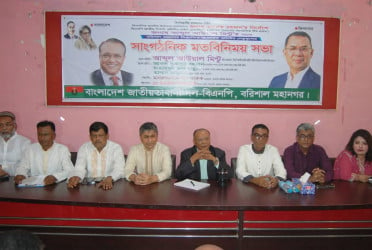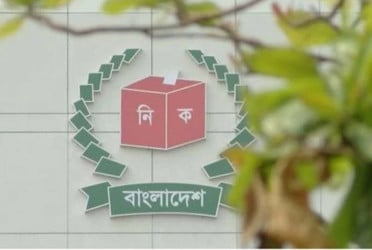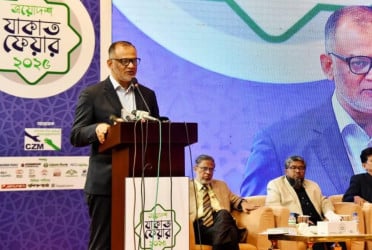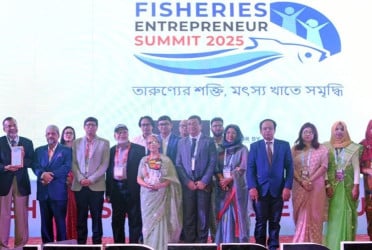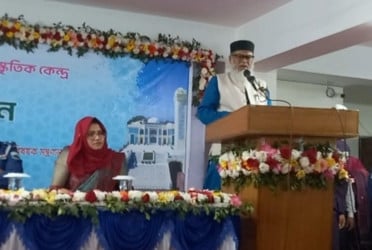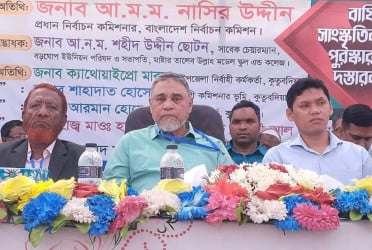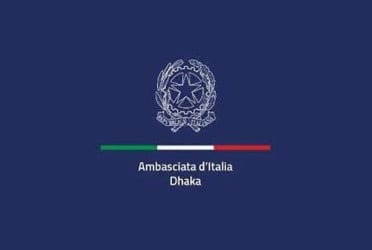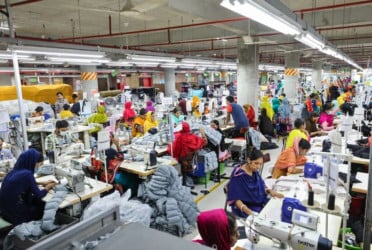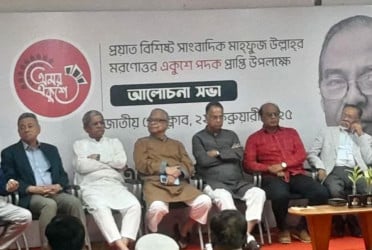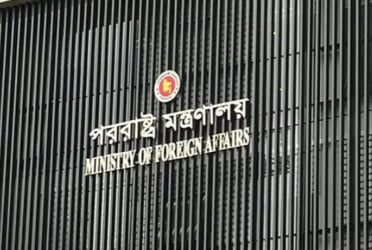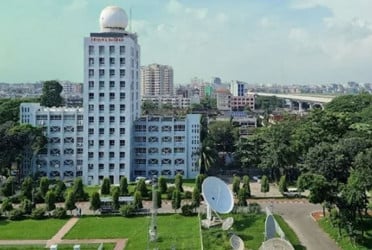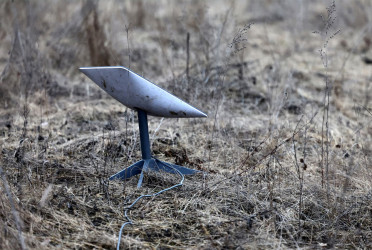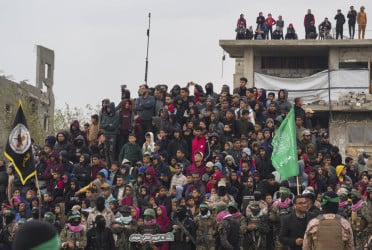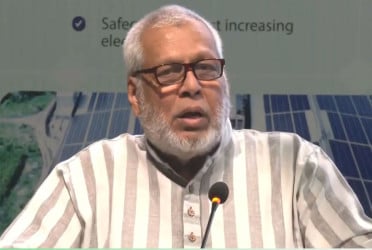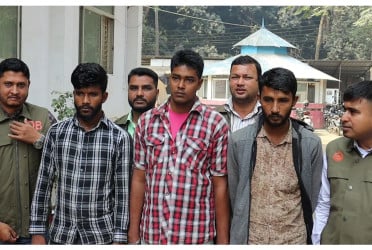Big industrial conglomerates of the country are finding it increasingly difficult to get by amid repeated hits to business activities over the last couple of years.
Huge bank loans, dollar shortage, growing energy scarcity despite rising fuel costs, rising wages, and other factors have significantly reduced production activities, making output units operate well below their potentials
After the fall of the dictator Sheikh Hasina on August 5, labour unrest and public order breakdown have added to the list of crisis.
The broader economy weathered the Covid-19 crisis well, but was no match for the Ukraine war-related global shakeup.
As a result, the dollar crisis could be said to be the first major hit to the economy with a game of sanctions and counter-sanctions ensuing between Russia and the West. In May 2022, a dollar could be purchased for Tk86, but with the start of Russia’s Ukraine invasion in February that year, the currency exchange rate began climbing, reaching Tk120 per dollar as of October this year.
The resulting dollar shortage has crimped the ability to import raw materials for the garment industry and other crucial sectors. At the same time, the increasingly larger amount many businesses have had to spend to sustain minimum production activities eroded their working capital.
Then there is the energy crisis, which was already a concern before the Ukraine war due to repeated price hikes by dictator Hasina’s administration, according to a report from the Bangla daily Kaler Kantho.
Ha-Meem Group Managing Director AK Azad has told reporters that the Awami League government nearly doubled power usage costs, and yet industries suffered 5-6 hours of outages daily.
Most of the country’s factories are running at 30-50 per cent capacity due to the power and fuel crisis, the Kaler Kantho report says.
The post-Hasina crackdown on crony capitalists and potentially willful bank loan defaulters has so far exacerbated the industrial output crisis. Some businessmen have also alleged the crackdown is "politically motivated" and would impact business growth.
New loan classification regulations have increased the propensity of defaults, while hiked interest rates to mop up additional liquidity in markets and tame consumer inflation have discouraged business investments.
BNP leader and businessman Abdul Awal Mintoo contended that many misused bank loans during the 15-year Awami League regime, and corrupt pro-Awami League bank officials also provided support to this end.
However, the crackdown on these willful defaulters is proving to be untimely, preventing the companies from sustaining business operations, said the former president of FBCCI, the country apex trade body.
Then, the labour unrest, many a time blamed on Indian government conspiracies and pro-Awami League saboteurs, have forced shut over 50 garment factories since August 5.
The unrest has diverted many lucrative import orders to India, and cut the foreign purchasing orders by 20 per cent. Considering the ready-made garment (RMG) and textile industry is driving force for Bangladesh economy, the loss is significant.
Here are brief snapshots into some of the key players of the RMG industry:
Thermax Group: Operates 17 factories, many running at reduced capacity due to raw material shortages. Despite challenges, it exported over Tk2,500 crore in 2022-23, employing 22,500 workers, with substantial monthly expenses on wages (Tk28 crore) and utilities (Tk17 crore). However, debt issues, including compounded interest, have risen to Tk7,248 crore.
Noman Group: Employing 80,000 workers, it contributes $1.3 billion annually to exports but reports being targeted politically, affecting business operations and foreign buyer confidence.
Fakir Fashion Ltd: A major garment exporter employing 50,000 workers, has faced legal and reputational challenges, harming its credibility with international buyers.
Industry leaders emphasize the need for improved law and order, consistent energy supply, and revised financial policies to sustain business operations and maintain Bangladesh’s export growth.
bd-pratidin/GR



